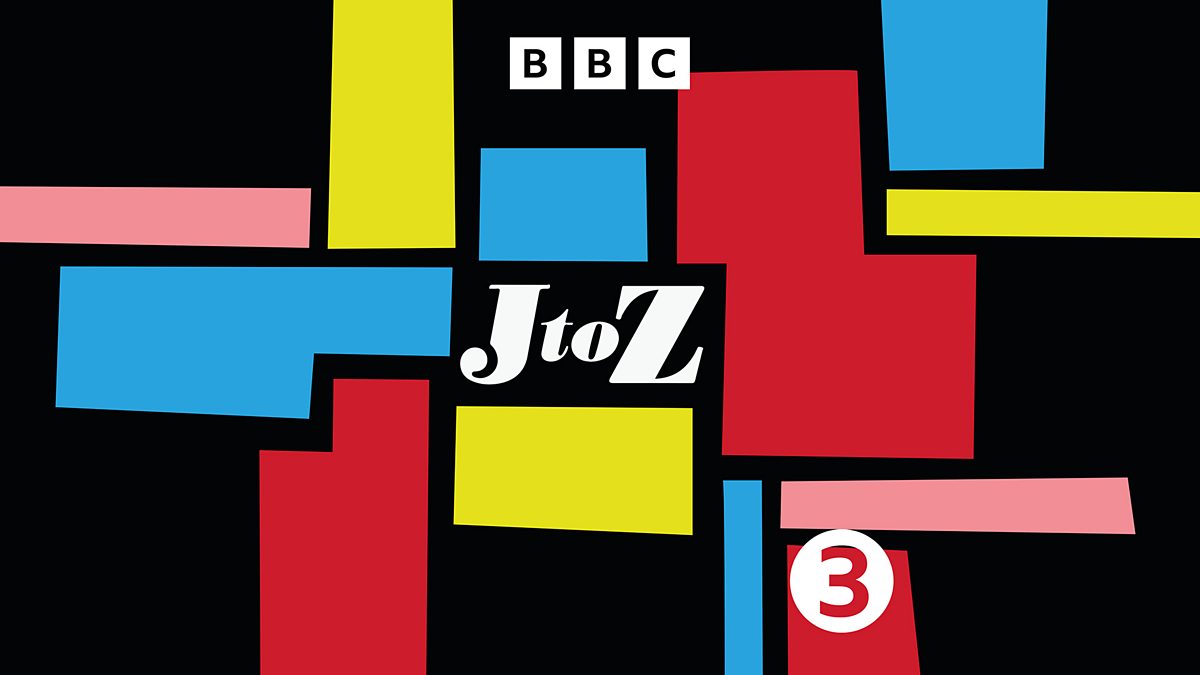Sat 11 April
5pm - J to Z
Jumoké Fashola presents the finest in jazz - past, present and future - from her front room. This week's concert features Israeli bass icon Avishai Cohen and his trio of pianist Elchin Shirinov and drummer Noam David. Together they perform tracks from Cohen's latest album Arvoles, which draws from Jewish folk music. And UK pianist Elliot Galvin shares the music that inspires him.
There is no Freeness on Saturday - at 11 pm we are instead invited to Sleep.
Easter Day
4pm - Jazz Record Requests
On Tues 14 April - 9am on Radio 4:
Black Music in Europe: A Hidden History - Part 2 of 3-part repeat programme.
The stories of black musicians in 1960s Europe, presented by Clarke Peters. Also repeated at 9.30pm
5pm - J to Z
Jumoké Fashola presents the finest in jazz - past, present and future - from her front room. This week's concert features Israeli bass icon Avishai Cohen and his trio of pianist Elchin Shirinov and drummer Noam David. Together they perform tracks from Cohen's latest album Arvoles, which draws from Jewish folk music. And UK pianist Elliot Galvin shares the music that inspires him.
There is no Freeness on Saturday - at 11 pm we are instead invited to Sleep.

Easter Day
4pm - Jazz Record Requests
On Tues 14 April - 9am on Radio 4:
Black Music in Europe: A Hidden History - Part 2 of 3-part repeat programme.
The stories of black musicians in 1960s Europe, presented by Clarke Peters. Also repeated at 9.30pm


Comment